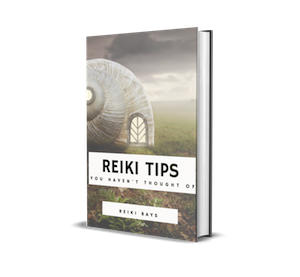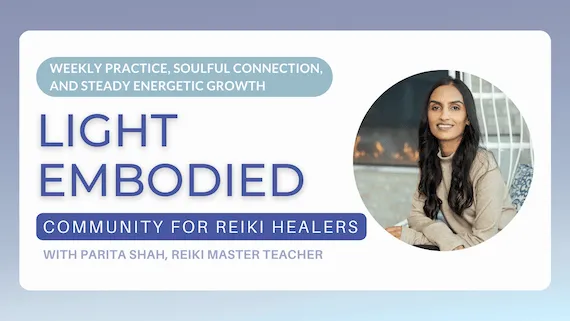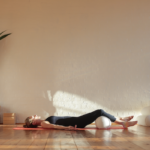Article by Deborah Lloyd, Reiki Master
When the Reiki treatment room is quiet, with only soft background music playing, we often become aware of breathing sounds – both your client’s and your own. Although clients may not conscientiously change the rhythm of their breathing exhalations and inhalations, it is common for clients to match the practitioner’s breathing patterns. When a client seem anxious or overwhelmed, it is helpful for the practitioner to breathe more slowly and deeply. Soon, the clients will relax, enabling the Reiki energies to be more effective.
Breathing has two important functions to maintain the health of the body. Breath supplies our bodies and its various organs with oxygen. Oxygen is vital to the proper functioning of our brains and heart. When there is a deprivation of oxygen, a person can become forgetful, irritable, or restless; he can have anxiety or sleeping problems. Over the long term, heart attacks or strokes can occur. Although our bodies can live for days or a few weeks without food or water, they can survive for only minutes without oxygen.
The second major function of breathing is ridding the body of waste products and toxins, purifying the bloodstream. As this is also a major function of Reiki healing energies, the two systems working in harmony can have a powerful effect on clients (and us). Releasing physical toxins, as well as old emotional blocks, makes space for healthy chemicals and positive loving emotions.
Just like yoga practitioners, Reiki practitioners should learn how to breathe properly and practice the techniques on a daily basis. As we become more conscious of our own breathing habits, we can make small improvements that will result in healthier lives. As mindfulness grows, we will realize when our breathing is too fast or shallow. When you become aware of this occurring, immediately take a few long, deep breaths. Then, find a new, more relaxed breathing pace.

Image by Temari 09
At other times, you may realize you have stopped breathing altogether for a few seconds. This usually happens when you are physically or emotionally stressed. Begin to breathe again, with a few deep breaths, followed by a slow pace of breathing.
There are other breathing techniques that all of us should practice. Improving your posture is a very important step. Sit up straight; do not slouch over your desk, or laptop. Hold your shoulders straight, and your head high. Do not sit with arms folded over each other, as this tends to collapse your breathing organs.
Some other important tips include: breathe through your nose; use your diaphragm; breathe silently. Stay relaxed and become conscious of your breathing. There are multitudes of ways to practice proper breathing – attend a breathing class, yoga classes, or find information online.
As Reiki practitioners, all of us are committed to a healthier way of life. Consider this quotation from Rodney Yee, a well-known yoga instructor. “The practice is simply this: keep coming back to your breath during the day. Just take a moment. This will give your mind a steadiness and your breath a gracefulness…There’s so much to let go of, isn’t there? Your nostalgia and your regrets. Your fantasies and your fears. What you think you want instead of what is happening right now. Breathe.”
Free eBook download: We’ve created an eBook with our best articles on this topic, and offer it for free to all our newsletter subscribers.


Deborah Lloyd is a Usui and Karuna Reiki® Master and certified holistic therapy practitioner, providing Distant Reiki sessions and training in Asheville, NC. Deborah is the author of two books, 22 Messages from the Archangels; and, Believe and it is True: A Story of Healing and Life Lessons. She is also one of the co-authors of Reiki 101: 101 Answers for Your Reiki Questions. Reach Deborah at [email protected] and on Facebook at Deb Lloyd Healing.





Leave a Reply